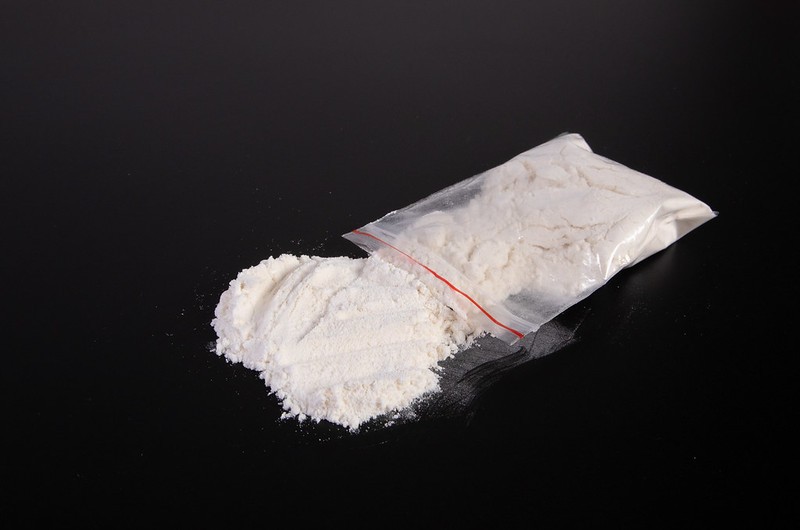The group was operating in Belgium but branched out to the Netherlands, Spain, South America and Dubai. It involved Moroccan, Spanish and Belgium nationals.
During the operation, authorities arrested five individuals in Belgium and one in Spain and seized various assets, including $1.33 million euros in cryptocurrencies, three real estate properties, 50,000 euros in cash and a luxury car, watches and jewelry.
The takedown of the network was facilitated thanks to information obtained from Sky ECC, an encrypted messaging application popular with narcotraffickers and other criminals and which was cracked in early 2021.
The decryption of Sky ECC, exposing more than a billion messages, has thus far led to at least 1,230 arrests and more than 90 tonnes of drugs and $4.5 billion seized.
Investigators started looking into the operations of the network in October 2021 after coming across messages from Sky ECC indicating the presence of a group importing large quantities of cocaine to maritime ports and airports and subsequently laundering the illicit profits.
The network relied on crypto investments and a cash-based underground banking system, which channeled cocaine proceeds into real estate projects across the E.U. and in Morocco.
A similar investigation guided by data retrieved from Sky ECC led Belgian authorities to arrests nine suspected drug traffickers in February this year.
A U.N. report released last month said that global cocaine production has reached an all-time high according to the latest available data, notably driven by surging demand for the drug in Europe.
Belgium’s Antwerp, with its second largest container port in Europe, is one of the key cocaine gateways to the continent. In 2022, a record 110 tonnes of cocaine were seized in the port.



